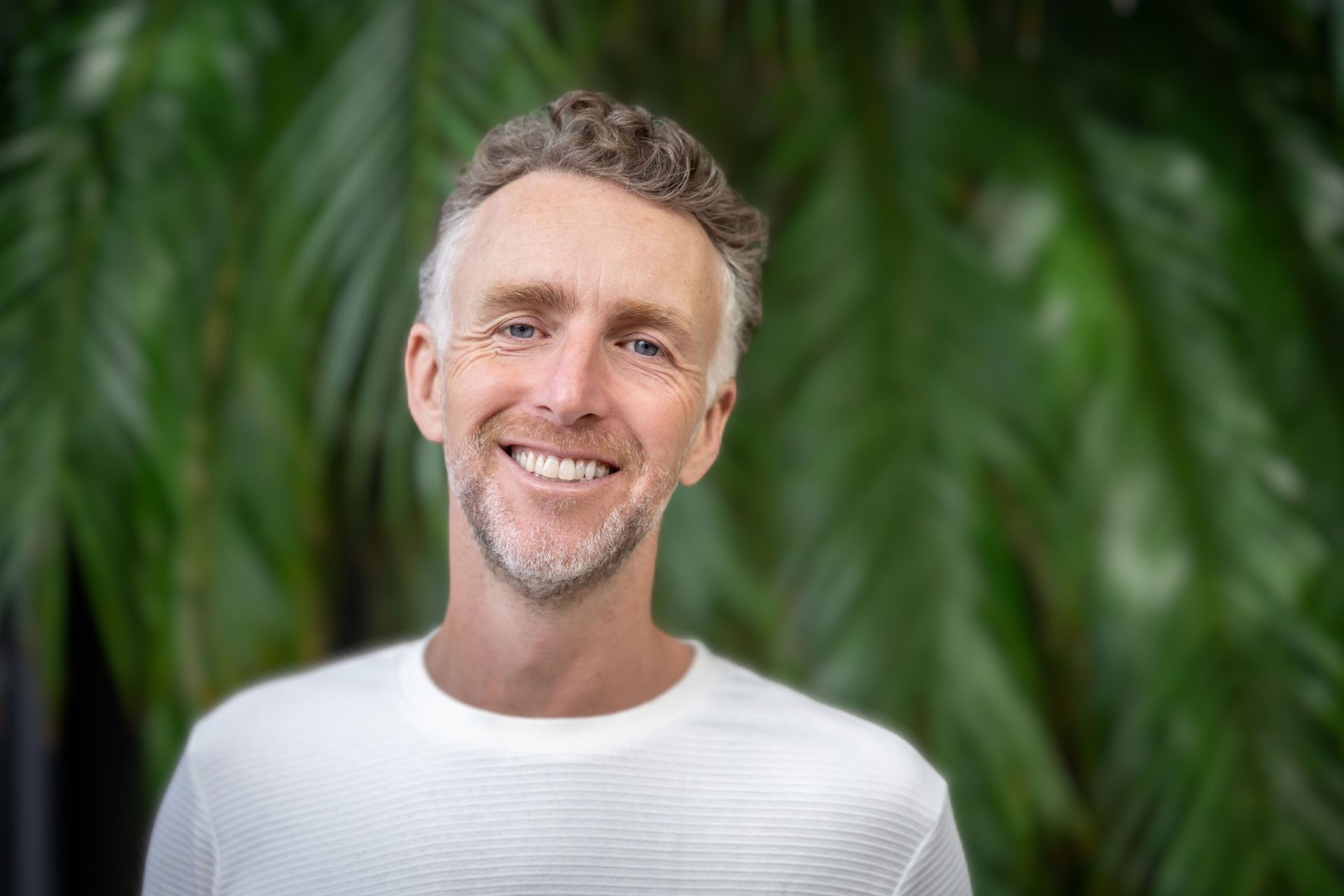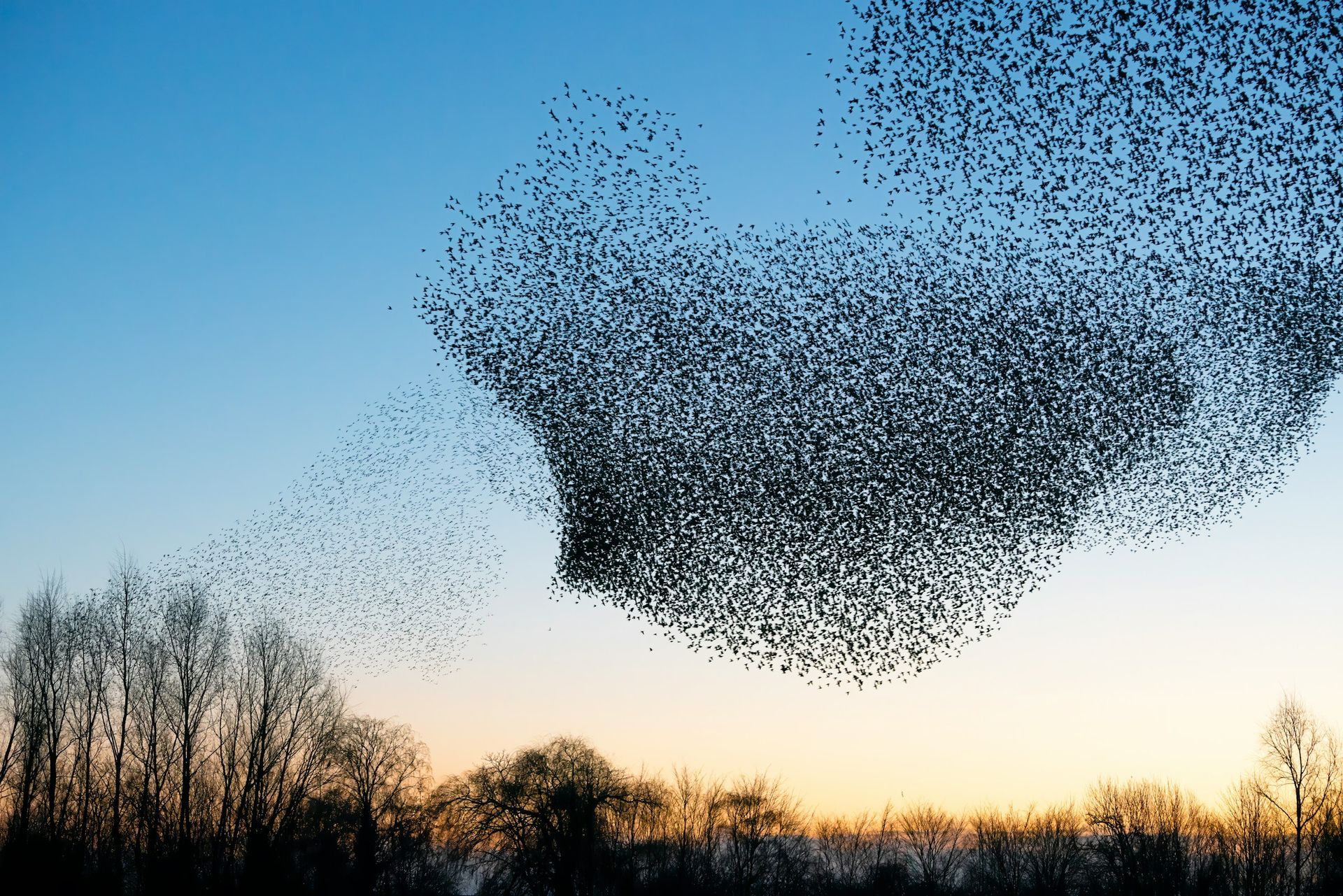IDEA Appoints New CEO
We Are Delighted to Announce our New CEO

IDEA is delighted to announce the appointment of Ruairí McKiernan as our new CEO. With over 20 years of experience as a respected non-profit leader, activist, and social innovator, Ruairí brings a wealth of knowledge and passion to our organisation.
Ruairí is the founder and former CEO of the pioneering national youth organisation Spunout. He served on the Council of State for seven years as one of President Michael D. Higgins's appointees. He was part of the founding team behind Uplift, the digital campaigning organisation, and established Change Innovations, a social impact consultancy. Ruairí has served on the boards of the Soar Foundation and Gaisce. He has held leadership roles with the refugee and migrant rights organisation Doras and the global empathy education charity Narrative 4. He has also worked closely with the peace and justice group Afri on development education, public engagement, and campaigning for many years.
Ruairí’s international experience includes youth development work in Tanzania, and he recently returned from living in Australia, where he focused on Indigenous rights and advocating for gambling industry reform.
His activism has spanned various causes, including anti-war campaigns, environmental protection, mental health reform, and gender-based violence. Ruairí is also a regular media contributor, a published non-fiction author, and the host of a popular social change podcast, Love and Courage. He is a Fulbright Fellow in Civic Engagement and holds a degree in Management, and an MA in Counselling and Psychotherapy. He is currently undertaking a Postgraduate qualification in Sustainability Leadership.
"It is a great privilege to serve IDEA as CEO. I've had the good fortune of working with IDEA and many of its members over the years. I've always been struck by the sense of integrity, passion, and dedication among the IDEA community, and the culture of care, cooperation, solidarity, and professionalism that underpins it.
This is a community ready-made for these extraordinary times. The climate emergency, biodiversity loss, war, genocide, disinformation, extremism, racism, and rampant inequality — the threats to life on our shared planet are many and increasingly urgent. If ever there was a time to unleash the vast liberating power of Development Education and Global Citizenship Education, it is now. Herein lies a historic opportunity: a call to radical reimagining that requires us to stand firmly with the oppressed, forge new and diverse alliances, and take bold and fearless action to inspire new hope for humanity and our beautiful planet.
I look forward to working with the staff, the National Council, our members, partners, funders, and the broader community as we work together for a world of peace, justice, and possibility." Ruairí McKiernan
We look forward to the energy, experience, and vision Ruairí will bring to IDEA as we expand our impact on development education and global citizenship education.








